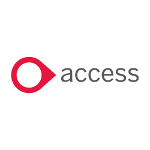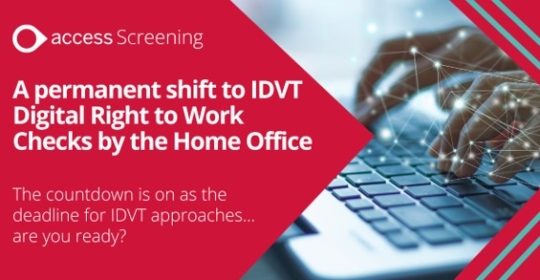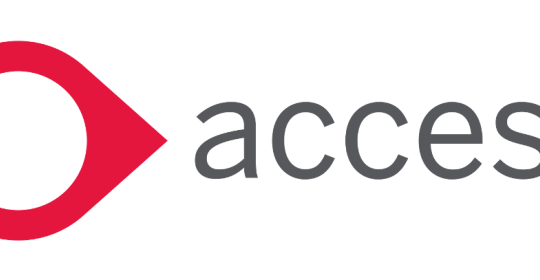As the demand for healthcare employees grows due to Covid-19, the need to find qualified and authentic candidates becomes both more important and more difficult. That does not mean, though, that anyone can take unnecessary risks to fill openings without observing CQC and Health and Social Care compliance.
Whether you’re employing permanent staff, staff on fixed-term contracts, temporary staff, volunteers, students, trainees, contractors or highly mobile staff employed through an agency, your responsibility is to cover the following checks for each individual:
1. Identity
Checking a potential employee’s identity is the most fundamental of all the background screening requirements.
It should be the first check performed, as any other checks will be invalid if the person’s identity cannot be proven. To complete an identity check, you will need to see, review and validate original identity documents. For further information on what types of documents can be used, read the latest Home Office guidelines.
Covid-19 update: The government has temporarily relaxed rules when validating ID documents.
2. Right to Work
The Right to Work (RTW) check requires an acceptable document showing permission to work in the UK. This check should be conducted prior to employment starting. If an employee’s RTW is time-limited, a follow up check before it expires is required. For more information read our Right to Work frequently asked questions.
If the correct checks are not carried out and illegal workers have been employed, your business will be subject to a civil penalty of up to £20,000 per illegal worker. The Home Office reported that between January 2018 and March 2018, a staggering £6.8 million was issued in fines and penalties for illegal workers.
For that purpose, having a thorough process in place to ensure that RTW checks are carried out is vital. Carrying out RTW checks, in line with Home Office guidance, provides a statutory excuse to protect employers if an individual is accidentally employed illegally.
Covid-19 update: Read the latest on temporary changes to the way you can check documents.
3. Qualifications
Checking prospective employees are recognised by the appropriate regulatory body and that they have the right qualifications to do the job is essential to protect the public.
An investigation from the BBC reported that thousands of people in the UK are applying for jobs with fake degrees that they’ve bought rather than earned.
Employers must check the registration of health professionals with the relevant regulatory body. They must have the consent of the prospective employee and their registration number in order to make the check. Currently there are eight regulatory bodies and around 1.1 million registered health professionals.
4. Employment history and references
Employment history checks are used to ensure that the candidate has the relevant experience and/or work history to qualify for the role.
Around 9% of job applicants falsely claimed they had a college degree, listed false employers, or identified jobs that didn’t exist.
It’s important that you obtain the candidate’s permission before you request references. Always be aware of the credibility of the referee and email address, and look out for gaps in the prospective employee’s employment history and dates.
5. DBS
This check was previously known as a CRB (Criminal Records Bureau). However, they’re now carried out by the Disclosure and Barring Service (DBS) and Disclosure Scotland (DS). There are three levels:
- BASIC: Provides information on unspent convictions only, and does not require a specific role to be provided
- STANDARD: Checks spent and unspent convictions, cautions, reprimands and final warnings
- ENHANCED: As well as the standard check, additional information held by local police that is reasonably considered relevant to the role being applied for is provided. For enhanced checks it is also possible to check barred lists. This will check whether someone appears on the ‘barring lists’ for roles working with children and vulnerable adults.
Covid 19 update: The government has temporarily relaxed rules on Disclosure and Barring Service (DBS) Checks.
6. Occupational Health
An Occupational Health (OH) check is a number of health screenings undertaken by an appropriate or appointed OH Screening nurse to assess whether candidates are capable and fit for a particular role with or without reasonable adjustments. Read our frequently asked questions about Occupational Health checks.
Whether you need to carry out a high volume of DBS, Right to Work, Occupational Health Screening or run reference checks, we can help. With our screening software, 80% of checks are completed automatically online, new workers can be onboarded easily, and there is a fully auditable trail for CQC peace of mind. But most importantly we can get you set up to screen new workers within 24 hours. We’ve created a short webinar to show you how the software works which you can have a look at here.
Our promise to you also means we won’t tie you into a contract, charge you set up costs and you’ll only ever need to pay for the checks that you run.
Don’t take our word for it – find out Access Screening helped Premier Care respond quickly to growing demands of new care workers amid Covid-19.









